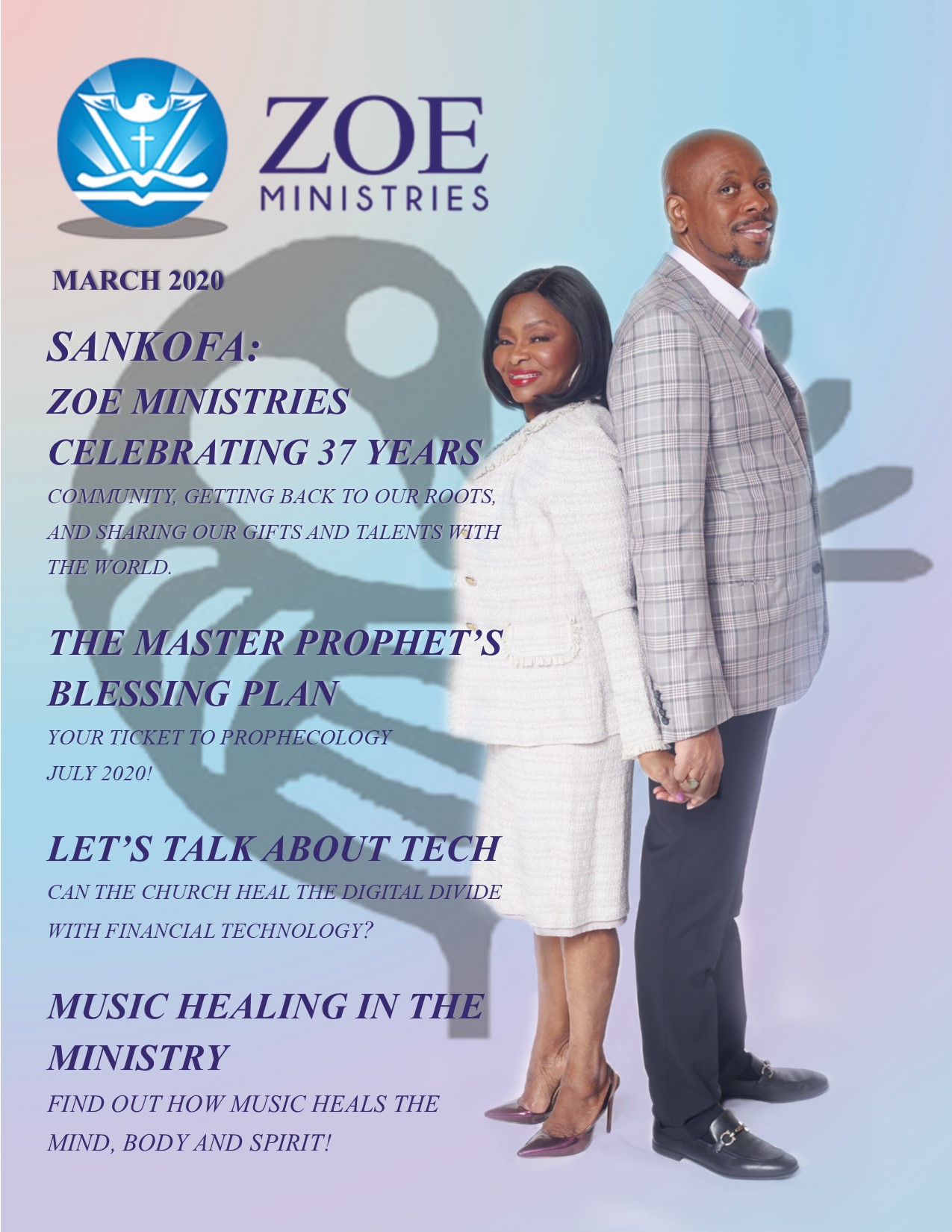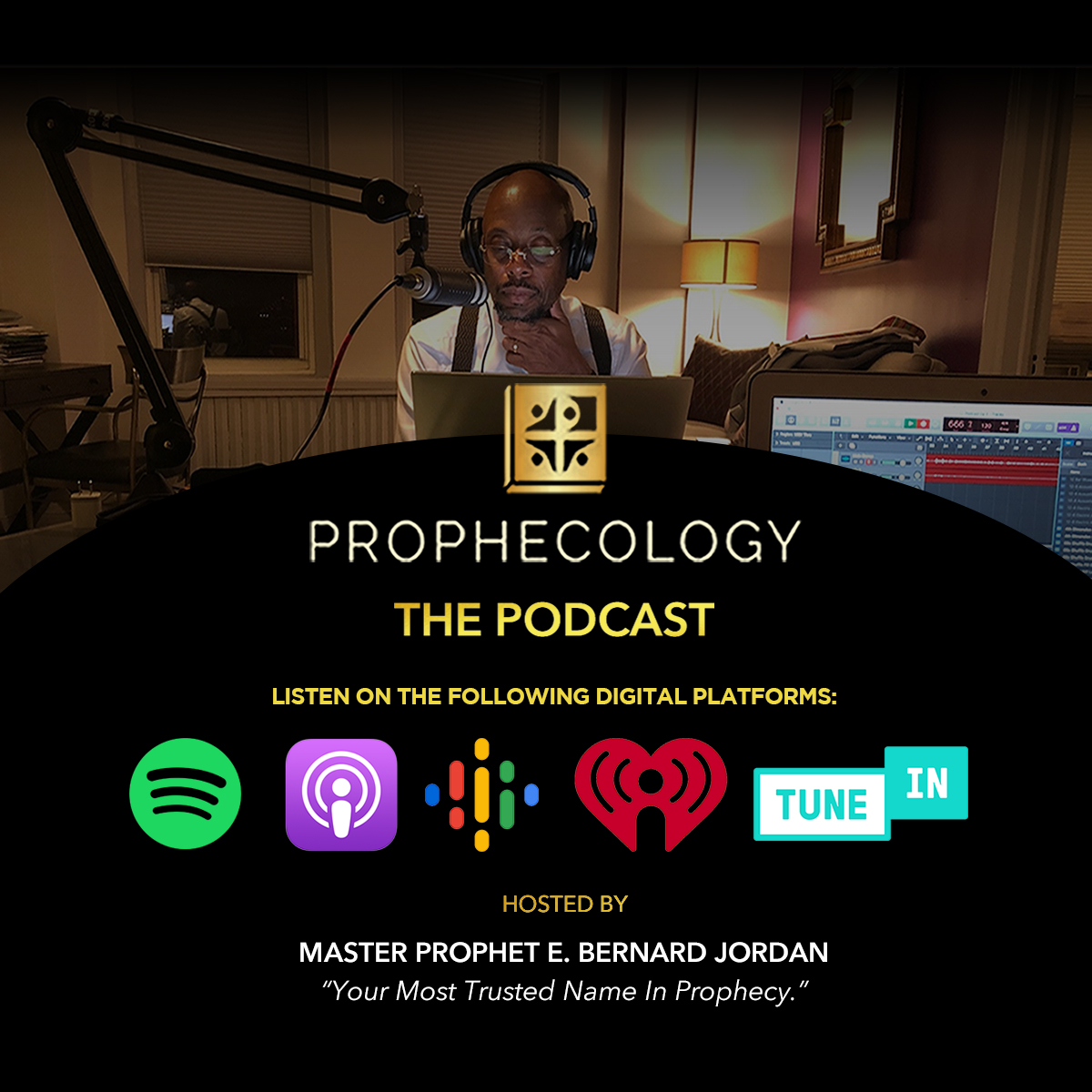THE NEW MAN’S THIRST FOR CHRISTIAN JUSTICE
December 10, 2017 2023-04-05 19:11THE NEW MAN’S THIRST FOR CHRISTIAN JUSTICE
THE NEW MAN’S THIRST FOR CHRISTIAN JUSTICE
Despite the severe plague of the Adamic consequence, Christians are continuously cautioned to pursue the good. Therefore, we are reasonably held to a higher standard than those who do not possess the Holy Scriptures. Moreover, Apostle Paul exhorts us to “hold fast to what is good,” (I Thess. 5:21). But what is considered good? How can the Christian Church be authentic if it is not morally perfect? It is by necessity its response to social issues.
The apostolic and primitive Church understood its moral flaws. It did not teach that the Church should be considered inauthentic because of those flaws; rather, the church taught that its primary goal was to usher into the world a social and moral ethic which none had ever seen. As Rauschenbusch writes:
Primitive Christianity cherished an ardent hope of a radically new era, and within its limits sought to realize a social life on a new moral basis. Thus, Christianity as an historical movement was launched with all the purpose and hope, all the impetus and power, of a great revolutionary movement, pledged to change the world-as-it-is into the world-as-it-ought-to-be.
Sin is the disease, and being so, it can be remedied by that which Christianity teaches and the Church possesses. Even though the Church is not morally perfect, it does not necessarily alter the Faith delivered to us. As a matter of fact, our sins magnify God’s love for us. Paul taught exactly this, commandingly writing that, “For while we were still weak, at the right time Christ died for the ungodly. Indeed, rarely will anyone die for a righteous person—though perhaps for a good person someone might actually dare to die. But God proves his life for us in that while we were still sinners, Christ died for us,” (Rom. 5:6-8 NRSV).
In the above passage, Paul seeks to explain that it is a rare occurrence for one to offer his or her life for another. In addition, he also believes that someone must occasionally sacrifice themselves to preserve a good person. Therefore, God’s love transcends all that is known. This is because He died for unrighteous and imperfect people. Perhaps for someone we consider as a nice person, we would sacrifice ourselves for him or her. But what of a murderer? I doubt that any of us would offer to be led to the execution room in the stead of a rapist, murderer, or terrorist. Yet, this is precisely what Jesus Christ our God did; he died for humanity, for a people of great failure and atrocity.
By for us, Jesus “made us alive together with Christ…. And raised us up with him and seated us with him in the heavenly places in Christ Jesus, so that in the ages to come he might show the immeasurable riches of his grace in kindness toward us in Christ Jesus” (Eph. 2:5a, 6-7 NRSV). Salvation renders a believer to become one with Christ, “in whom [we] also are built together spiritually into a dwelling place for God,” (Eph. 2:22).
Unfortunately, despite being one with Jesus, we are not made immediately perfect in actuality; we are simply justified before God in our unity with Jesus Christ, who is our sacrifice before God. But what being one with Jesus implies is a spiritual and moral renewal in our person; it implies acquiring a “new self, created after the likeness of God in true righteousness and holiness,” (Eph. 4:24 ESV). The new man—i.e. the one who repents and is baptized into the newness of life in Jesus Christ—acquires new desires, new ethics, and new characteristics, which are created in God’s likeness in true “righteousness and holiness.”
This change in our spiritual and moral ethic must express itself through external action via love, because “the only thing that counts is faith expressing itself through love,” (Gal. 5:6b). This brings to a Christian’s soul a desire to pursue justice throughout the world. This change, acquired by a man through his salvation, forms him into the recipient of the prophet Micah’s proclamation:
“He has told you, O mortal, what is good;
and what does the Lord require of you
but to do justice, and to love kindness,
and to walk humbly with your God?” (Mic. 6:8 NRSV).
The new man in Christ desires justice brought to the forefront of social issues. He does so as he expresses love to the low and the downtrodden and a sense of urgency to care for the poor and the needy. Without these new desires, one cannot consider himself/herself to have acquired Christ’s mind, hence must pray fervently for its reception.
Sign up for the Book of the Month Club and get exclusive access to Archbishop Jordan’s new book Prophet in the Marketplace.
What injustice are you witnessing today that you have the burden to address as a believer?







